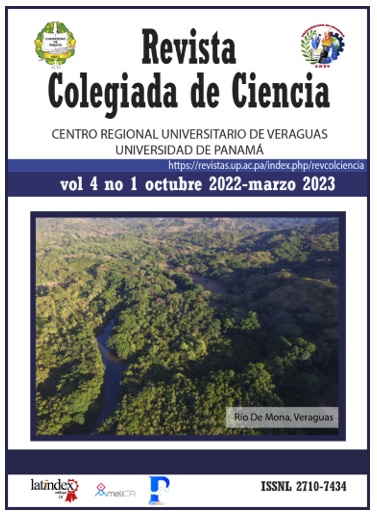

El objetivo de la presente investigación es analizar dos instituciones del derecho sucesorio; la libertad de testar y el derecho legitimario, con la finalidad de concluir cuál de ellas debe ser preferente y cuál de ellas protege el interés familiar. Para lograr tal propósito, se seleccionaron las teorías que discuten los hechos a través de doctrinas, sitios web oficiales, leyes, jurisprudencias nacionales e internacionales y un análisis exhaustivo del derecho comparado. La libertad de testar y el derecho legitimario son instituciones que han sido altamente discutidas en la doctrina y por medio del análisis documental sistemático, se analizan los aportes teóricos para alcanzar los resultados esperados; la institución Legítima ha sido adoptada por la mayoría de los países del mundo toda vez que su propósito es la protección del status familiar fundamentado en el principio pro hominis. Hay países que toman el criterio de testar libremente; por ejemplo, Panamá, porque consideran que la persona puede entregar sus bienes antes de morir con plena autonomía. Hay otros que siguen el criterio de que el accionar del testador no se considere libre tomando como fundamento el derecho legitimario. Prácticamente todas las legislaciones que siguen el criterio del Código Napoleónico tienen institucionalizadas la Legítima. El artículo 1239 del Código Civil colombiano (2012) dice que la legítima es aquella cuota de los bienes de un difunto que la ley le asigna a ciertas personas llamadas legitimarios y el artículo 1240 del mismo código dice: son legitimarios los hijos legítimos, adoptivos y extramatrimoniales personalmente, o representado por su descendencia legítima o extramatrimonial; los ascendientes; los padres adoptantes y los padres de sangre del hijo adoptivo de forma simple.